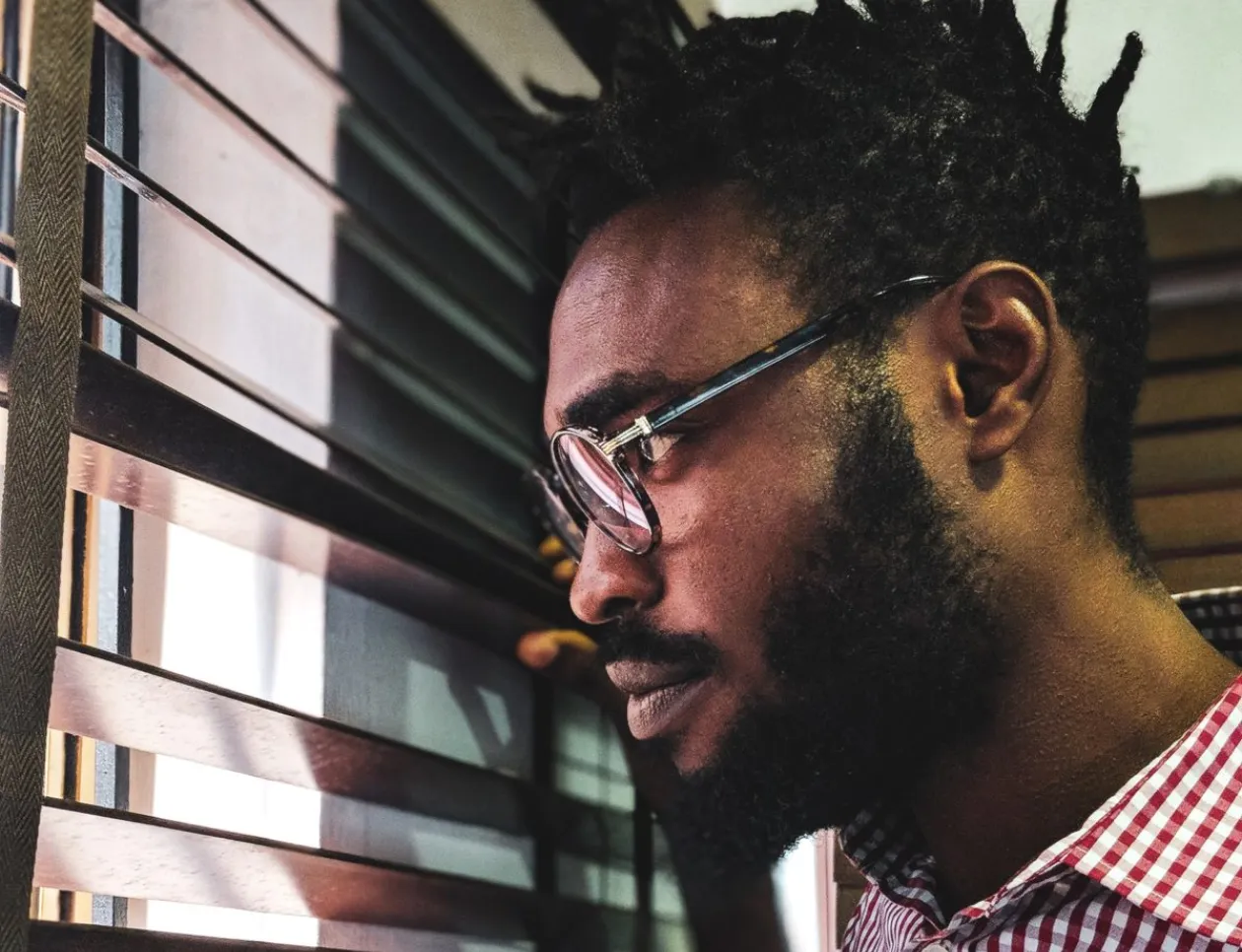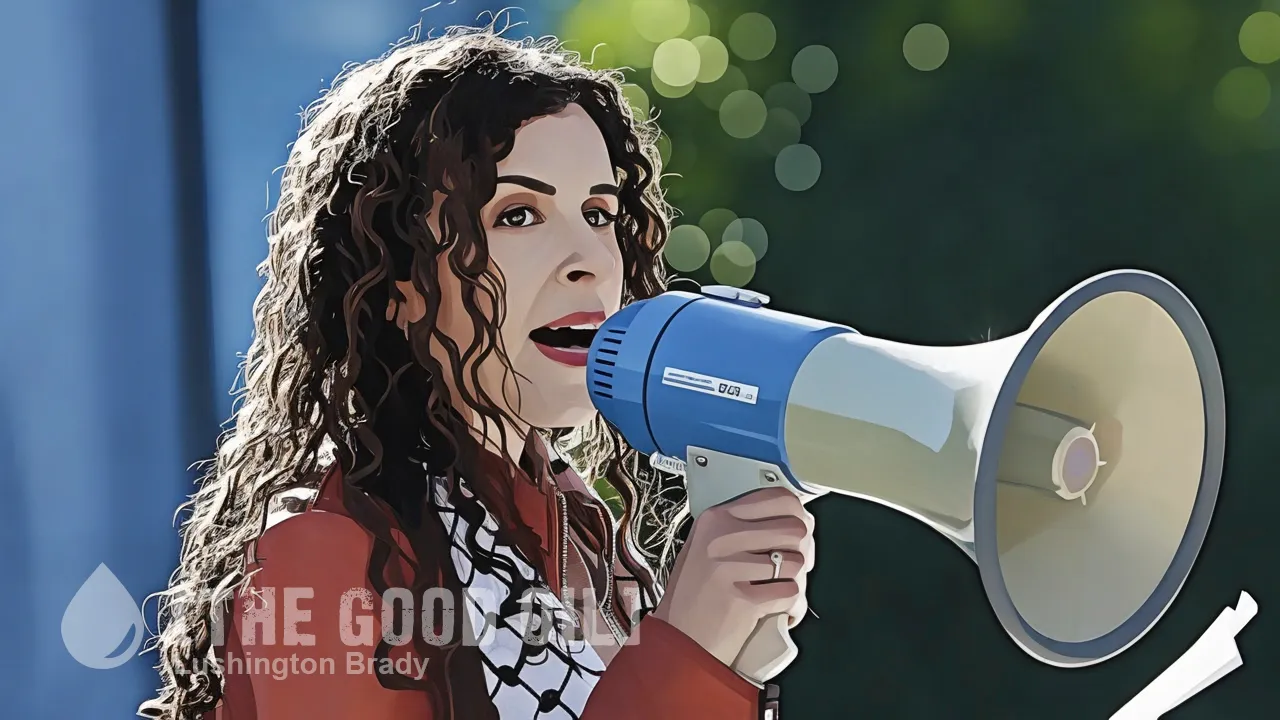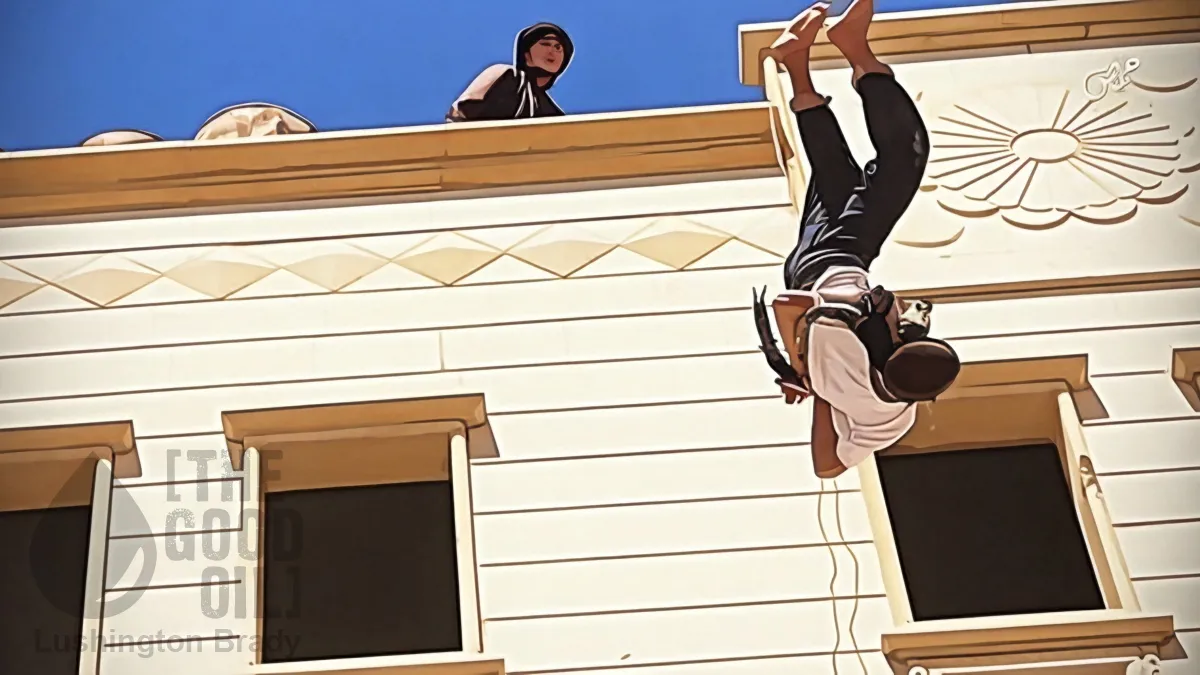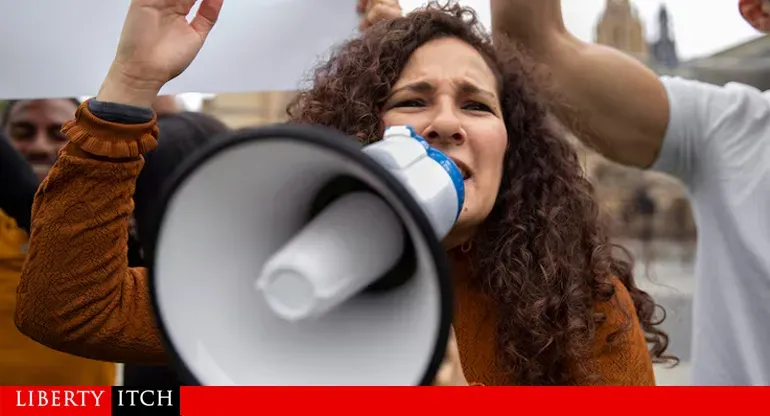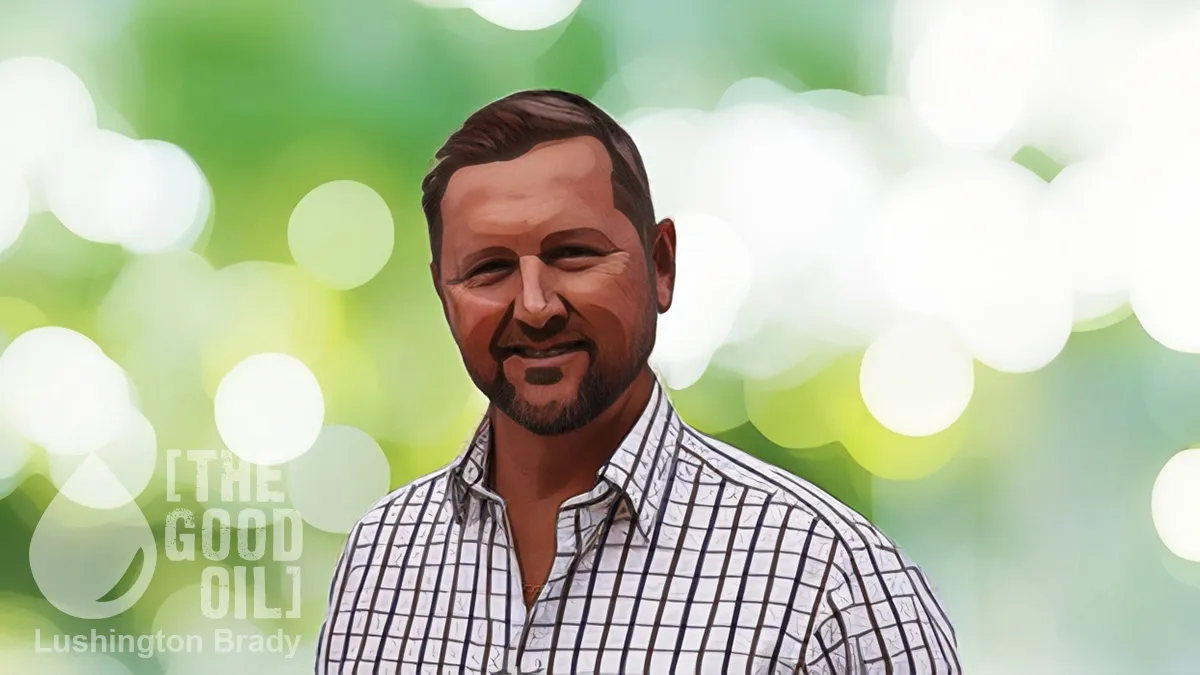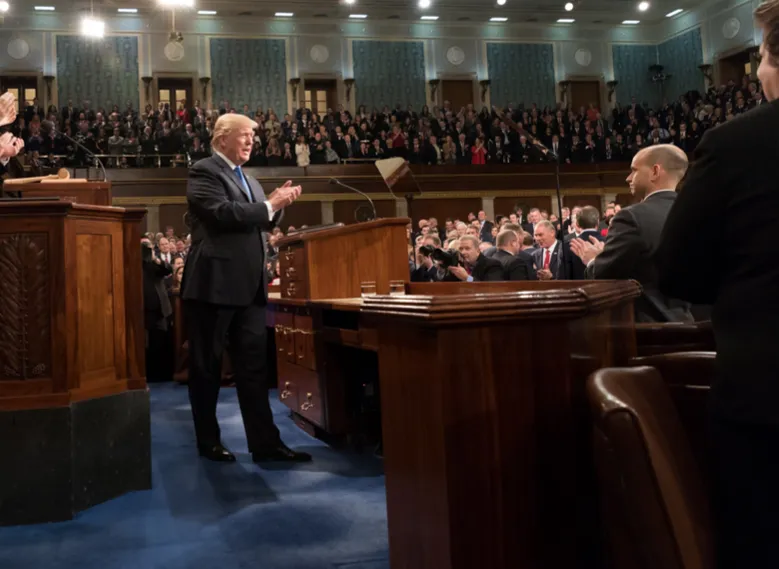Table of Contents
Ayo Adedoyin
mercatornet.com
Ayo Adedoyin is Chief Executive of PSJ UK, a humanitarian organisation campaigning against the persecution of Christians and other minorities in Nigeria.
You might not know it, but a silent slaughter is currently underway in Nigeria — a slaughter of Nigeria’s Christians.
Take Haruna Kuye, a respected Christian community leader in Kaduna state. A few weeks ago, after he went to bed at home in Gidan Zaki village, armed intruders broke in — brutally shooting dead both Haruna and his son Destiny in their sleep. The only grace was the survival of his wife and daughter, despite the machete and gunshot wounds they received.
Alas, this tragedy was only one of many this autumn. Just last weekend, seven more Christians were murdered in Jagindi village, also in Kaduna state. Alongside, two of the victims’ children — Rebecca Andrew and Clement Andrew — were kidnapped: still to be found. Unfortunately, these sorts of incidents have become the norm.
For example, it is estimated in the last twenty years, of the almost 19,000 victims of Islamist Fulani militias (a group of nomadic herders), a full three-quarters of those killed have been Christian.
It is important to note that the deaths of so many of these Christians were not incidental: most were killed specifically because of their faith. Actions from these militias include church burnings, and chants like “Allahu Akbar” and “destroy the infidels” have commonly accompanied their crimes.
This is why Open Doors, in their World Watch List of 2020, a list of the countries with the most Christian persecution, ranked Nigeria twelfth. By comparison, Syria and Saudi Arabia were placed eleventh and thirteenth respectively.
At first glance, Nigeria’s high ranking in this list might be considered surprising given the fact Christians make up 46 per cent of Nigeria’s 196 million population. However, due to the religious divide in Nigeria, Christians overwhelmingly tend to live in the south, with Muslims in the north. Because of this, life for Christians living in the north and “middle-belt” is much more difficult, especially as twelve of the states are ruled by Sharia (Islamic) law.
The problem is particularly acute for Christian farmers in these regions. Often far from any government protection, they suffer the greatest risk from roaming militias such as Boko Haram (an affiliate of ISIS) and the Fulani.
Indeed, the danger is so great that the Global Terror Index in 2016 and 2017 named the Fulani militia as the fourth deadliest terrorist group in the world. The third being Boko Haram, a group governed by the ideology of kafir, the unbeliever, who also regularly kill and abduct those who refuse to conform to their twisted and evil beliefs.
Unfortunately, for the wider world, the success of these terror groups in Nigeria threatens all countries. They provide arms and training to those who want it, and their propaganda inspires the next generation of jihadists around the globe.
However, due to the gross incompetence of the Nigerian government against these Islamic insurgencies, nothing is likely to change without attention from the international community. Australia’s support, as a fellow Commonwealth nation and important diplomatic player, would therefore be particularly useful.
To support Nigeria, in practical terms, a multi-pronged approach is needed. Firstly, these Islamist groups need to be crushed militarily. Until now, the Nigerian military’s record can be characterised as having combined fecklessness with a high degree of incompetence. Hopefully, direct military aid and training could go some way towards rectifying this.
As Islamic terrorism knows no borders, especially across West Africa, a coalition of other nations such as Chad will also be needed to defeat Boko Haram. Any support from Australia to help convene and give impetus to such a coalition, or even just to raise awareness of the issue in forums such as the UN and G20, would be invaluable.
Finally, putting pressure on the important players in Nigeria would, too, be a helpful move. Many like-minded Western countries such as the UK and Canada have recently passed “Magnitsky Acts“, to sanction foreign individuals for serious corruption and human rights abuses. If Australia passed its own legislation, that could help to really ramp up the pressure on the Nigerian officials who have gotten away with their heinous crime and neglect for too long. It’s time to end this silent slaughter.
Please share this BFD article so others can discover The BFD.

